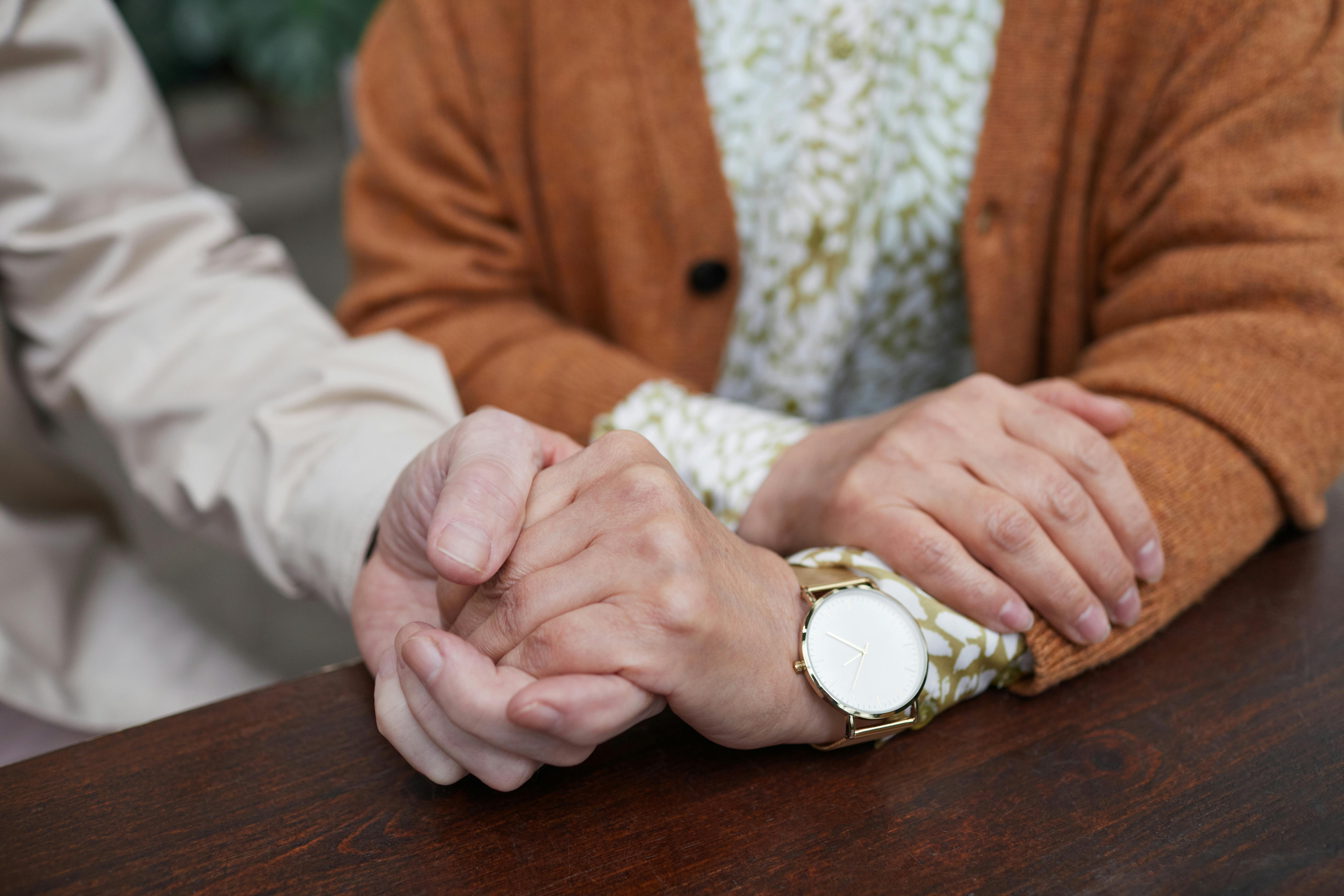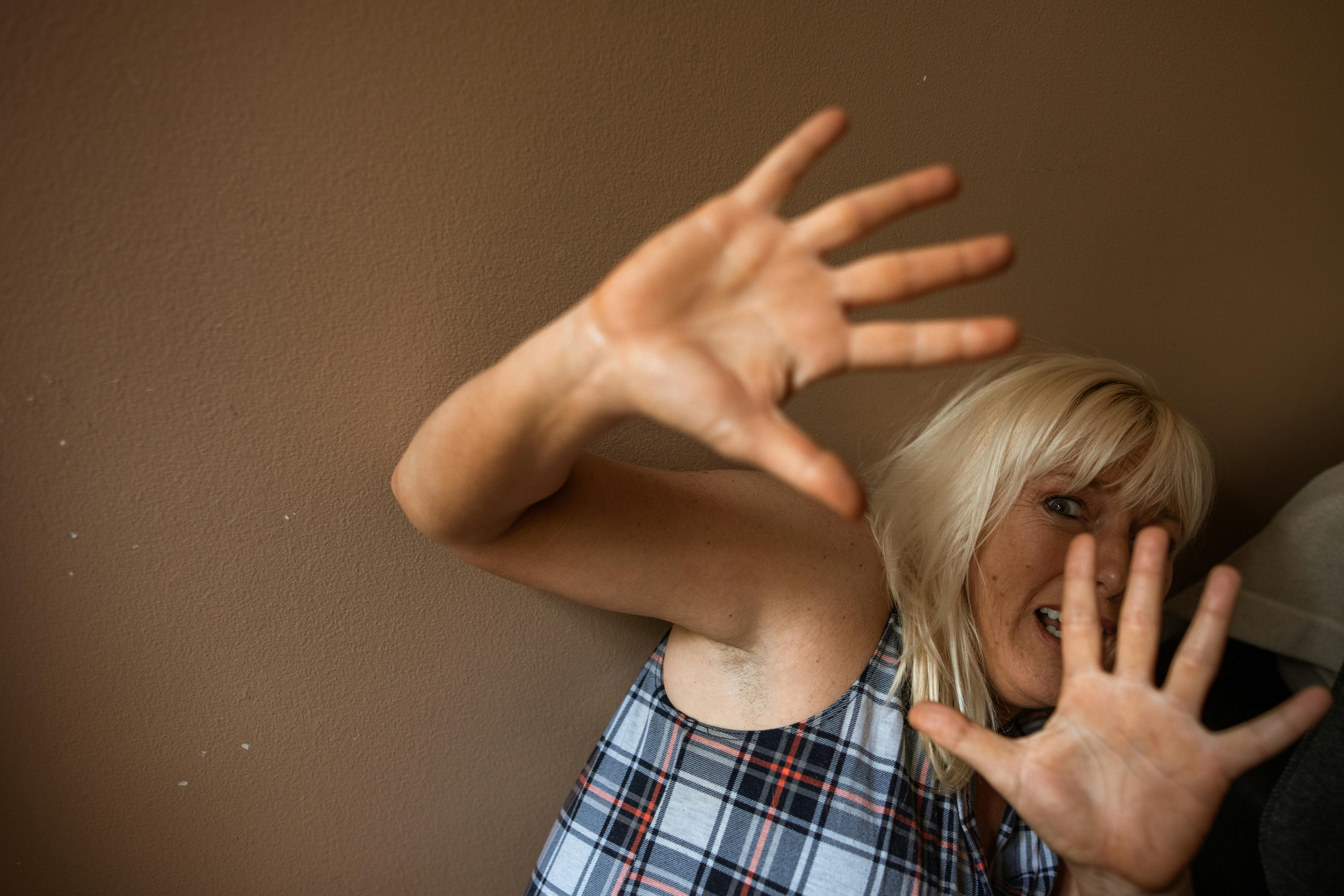
Does your baby have eczema?
Is your baby’s skin full of red, crusty patches that make the baby uncomfortable due to itchiness? If yes, your child could be suffering from baby eczema. Baby eczema, often called atopic dermatitis, occurs in children under 5 years of age and affects approximately 15% of children.
Baby eczema is characterized by red spots that tend to appear on the baby’s cheeks, arms, and legs, but can spread over the entire body if left untreated. It tends to occur before a child is 5 years old and is not contagious.
Main causes of baby eczema
There is no specific pathogen responsible for causing this ailment. Baby eczema is an immune system reaction caused by a baby’s exposure to allergens. The baby is often exposed to these allergens through substances that the baby uses every day, such as baby food, bath soap, baby creams, and even detergents used to wash the baby’s clothes. Mold, pollen grains from flowers near the house, and cigarette smoke can also trigger infant eczema.
Eczema is known to run in families. There is a higher chance that a baby will have infantile eczema if either parent has ever suffered from the condition.
Factors that worsen baby eczema
The condition of a baby suffering from baby eczema can be worsened by continued use of substances that irritate the baby’s skin. Clothes made of wool, specific perfumes and even laundry detergent mainly irritate the baby’s soft skin and this can worsen the baby’s condition. Other factors that aggravate this condition are; dry skin, increased sweating, constant fluctuation in ambient temperature, and stress.
How to identify if your baby suffers from atopic dermatitis
Most of the parents tend to confuse atopic dermatitis with signs of contact dermatitis as they show almost similar signs. Contact dermatitis, rashes develop anywhere on the body once the child is exposed to an allergen. It tends to go away after a few days, as long as the child is no longer exposed to the allergen. This is different from atopic dermatitis, which takes a long time to go away after rigorous treatment.
In order for you to determine if your baby is suffering from baby eczema, you should look for any of the following signs.
Red, dry, bumpy skin on the cheeks, forehead, and sometimes the scalp. Slightly raised itchy round rashes on the elbows, behind the knees, and on the backs of the wrists and ankles. Itchy, tender, dry, rough, itchy skin on the face and joints, constant irritation
baby eczema treatment
There are several natural treatment methods that can work perfectly as home remedies for eczema. They involve bathing the baby and applying body creams. Below are guidelines that can help treat eczema.
In your baby’s bath water add a teaspoon of sunflower oil and half a teaspoon of lemon juice and ascorbic acid. This helps lower the pH of the water. Bathe your baby for a short time in this water using Epsom salts or Dead Sea salts.
Dead Sea salts contain a wide range of B vitamins and minerals like magnesium and zinc that are essential for treating eczema. Infant eczema has been associated with nutritional deficiency, especially when a baby lacks zinc and magnesium, which cannot be supplied by breast milk. Breast milk is low in zinc. Bathing your child with these salts ensures that the minerals are absorbed through the skin, speeding up the healing process.
After bathing the baby, you can apply flaxseed oil on your baby’s skin. Contains omega 3 fatty acids that help reduce itching and redness of the skin.
A combination of the above two treatments used for a few months helps to heal the rashes according to the child’s skin.
Baby creams that contain natural herbal ingredients like aloe vera and zinc are also a perfect remedy. Applying a cream containing Aloe Vera and zinc is more effective in getting rid of rashes.
Before starting treatment at home, it is vital to visit a dermatologist to confirm if your child has atopic dermatitis.
Baby eczema is made worse by scratching. It is recommended that parents prevent their children from scratching the affected areas. If possible, parents should treat the child immediately when signs of eczema appear to reduce itching and pain. Baby eczema is known to heal naturally as you age. This is not guaranteed for all children, it completely depends on the child’s immune system and response to allergens.








